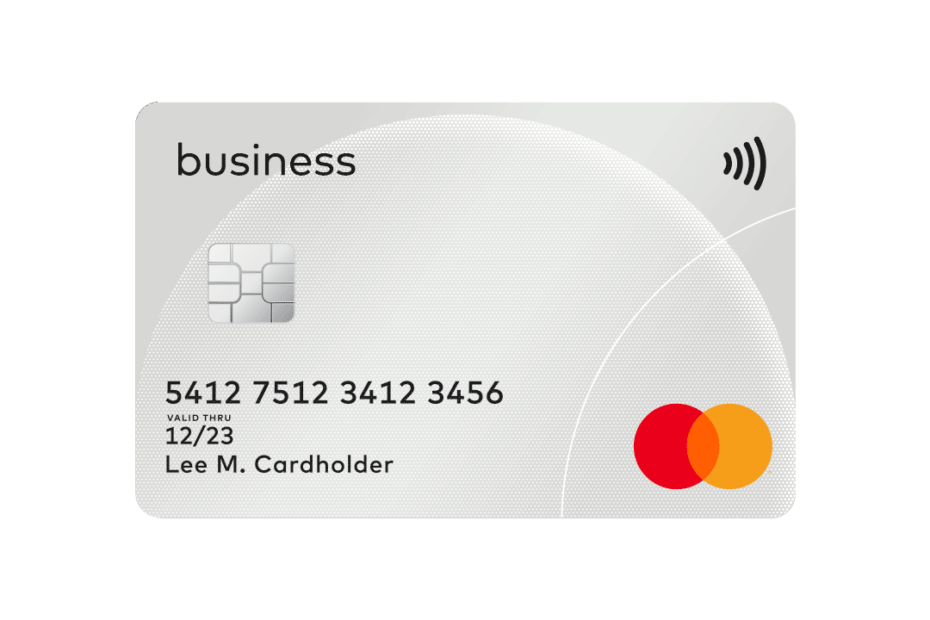In today’s fast-paced financial world, convenience often comes at a price. One service that has gained popularity in recent years is credit card cashing, also known as credit card “cash advances” or “card cashing services.” These services allow individuals to access cash quickly using their credit cards, which can be appealing during emergencies or periods of financial strain. However, beneath the surface of this apparent convenience lie hidden costs that can have significant long-term implications for users. Understanding these costs is crucial for anyone considering this financial option.
High Fees and Interest Rates
The most immediate and obvious cost of 신용카드 현금화 services is the fees involved. Unlike standard purchases made with a credit card, cash advances often carry a hefty transaction fee. Typically, this fee ranges from 3% to 5% of the amount withdrawn, and in some cases, it can be even higher depending on the provider or card type.
But the fees are only the beginning. Interest rates on cash advances are notoriously high and often start accruing immediately, unlike regular purchases that may benefit from a grace period. It is not uncommon for cash advance APRs to exceed 25%, which means the longer the cash remains unpaid, the more expensive it becomes. Over time, this can turn what initially seemed like a simple solution into a costly financial burden.
Impact on Credit Scores
Another hidden cost of using credit card cashing services is the potential impact on one’s credit score. When a user takes out a cash advance, it increases the credit utilization ratio—the percentage of available credit currently in use. Credit scoring models consider high credit utilization as a sign of financial stress, which can lower a credit score. A lower credit score, in turn, can affect the ability to secure future loans, obtain favorable interest rates, or even influence rental agreements and insurance premiums.
Additional Penalties
Some credit card issuers impose extra penalties for exceeding cash advance limits. While a credit card may have a maximum cash advance limit separate from the overall credit limit, exceeding this limit can result in over-limit fees. Additionally, missed or late payments on cash advances can trigger penalties that compound the cost, making it an expensive cycle for financially vulnerable users.
Psychological Costs
While financial costs are tangible, there are also psychological implications to consider. The ease of withdrawing cash can encourage impulsive spending or create a false sense of financial security. This can lead to a cycle of dependency on cash advances, increasing stress and anxiety about debt management. Over time, this behavior can erode financial discipline and limit long-term financial growth.
Alternatives to Consider
Given the hidden costs associated with 카드현금화 services, exploring alternatives is essential. Options such as personal loans, peer-to-peer lending platforms, or even borrowing from family and friends can provide access to funds at significantly lower costs. Budgeting and emergency savings accounts are also long-term solutions that reduce the need for high-cost cash advances.
Conclusion
Credit card cashing services offer immediate access to funds, which can be tempting during financial emergencies. However, the hidden costs—ranging from high fees and interest rates to impacts on credit scores and financial behavior—make them an expensive option. Consumers must carefully weigh the immediate convenience against the long-term consequences. By understanding these hidden costs and exploring alternative financial solutions, individuals can make informed decisions that protect both their finances and peace of mind.
